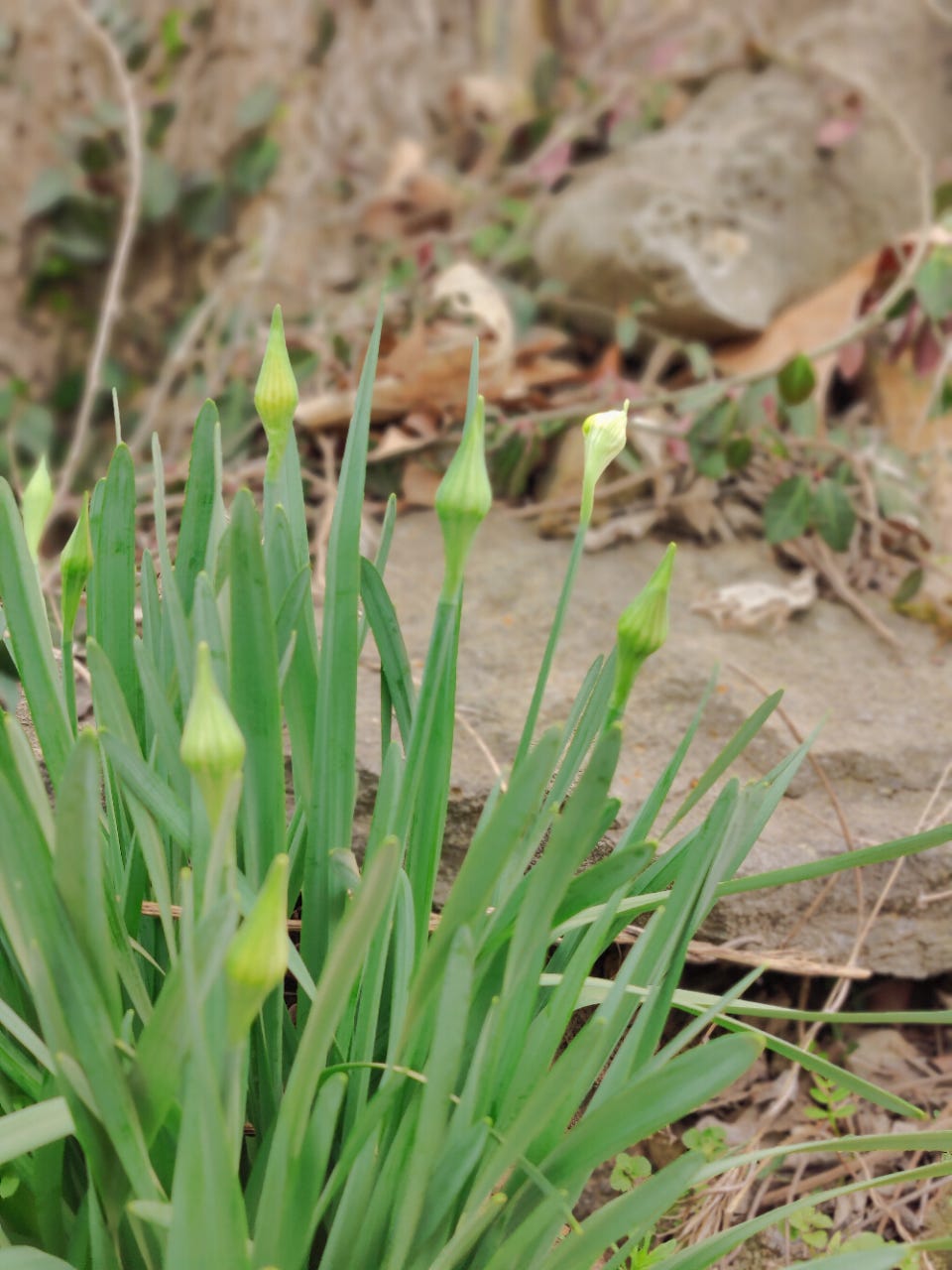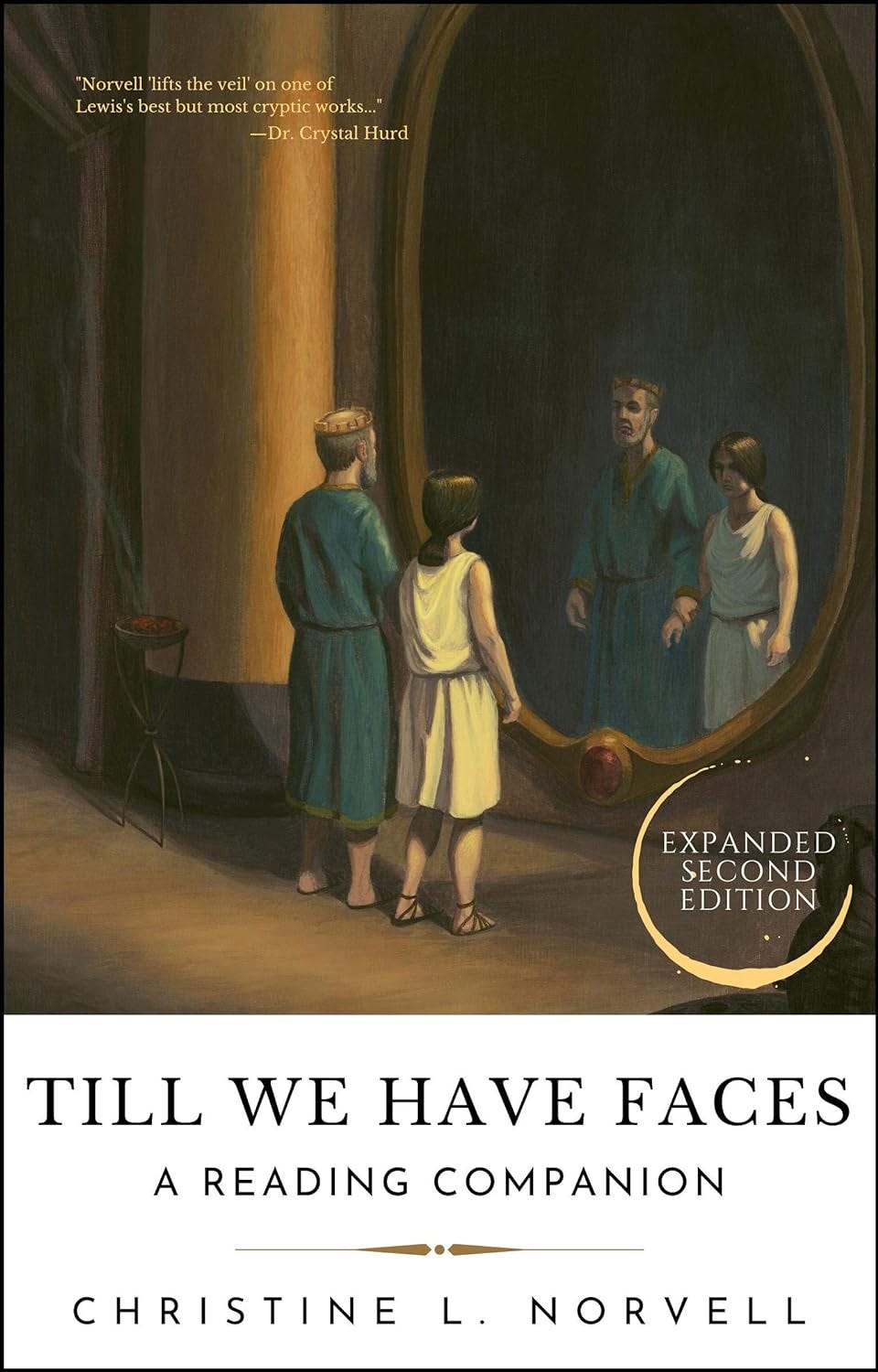I think of the work that comes before the bloom.
The word work originates from the earliest German (Proto-Germanic language) werka or "work," from a suffixed form of the root werg or "to do." It’s an active noun, a swelling force behind the bud, stem, and root.
Like a potter with his clay, we are formed and being formed. In Isaiah 43, God creates, shapes, and redeems each of us. He has made a way and is making a way—
“Stop dwelling on past events and brooding over times gone by; I am doing something new; it’s springing up — can’t you see it? I am making a road in the desert, rivers in the wasteland. The wild animals will honor me, the jackals and the ostriches; because I put water in the desert, rivers in the wasteland, for my chosen people to drink, the people I formed for myself, so that they would proclaim my praise.
As I look back at my newsletters from years past, I spot the pattern easily. The geography of words, of worlds, is filled with deserts, and I have walked through many in the past eight years.
But I see the road, the path. And it is active. It is springing. And that encourages me the most as I head into a writing retreat this weekend! Prayers for fruitful words as I continue to write. If you’re new to my letter, I am honing the idea that our life in Christ is like the tenacity of the sycomore-fig tree and how its fruit comes to maturity (see A Birth Announcement).
On my desk
I am thrilled that I get to read an advance copy of Thoroughness & Charm: Cultivating the Habits of a Classical Classroom by
. As teachers, we are always transmitting and creating culture. Mandi writes, "To be great teachers, we must do so consciously and intentionally, for we cannot avoid crafting culture, and we must be careful of the message we send." Book review coming soon!Around the web
I have read
for several years and appreciate her discussion of how to view efficiency. Is it indeed a virtue or has society shaped it so?One problem is this: if efficiency is an unqualified good, we imagine God prizes it as we do. We imagine God’s goals are saving time and avoiding waste. Perhaps we also imagine we hear the drumming of the divine fingers, the audible divine sigh when we must be reminded—yet again—of the lesson we were supposed to have learned last year. Efficiency—as noble ideal—makes God an impatient and irritable being, frustrated that we can’t move faster and master our transformation and his mission more quickly.
Simply for fun, I must include the Photo Ark. I can hardly believe it began in 2006, but I'm delighted that through the efforts of National Geographic we can see pictures of over 16,000 species of animals from all over the planet. I wish I could share a pic or two here, but you will have to explore the galleries and videos for yourself.
On my nightstand
Parker Palmer’s To Know as We Are Known: Education as a Spiritual Journey (1983). I don’t agree with all of Palmer’s terms and explorations (not sure I followed all of the reasoning!), but I do like a lot. For example, the foundational unit of teaching, learning, and knowing is relationships. The essential relationship of “truth” to “troth” is a kind of fidelity and faithfulness, and that as we read texts, they also read us.
Robert Louis Stevenson’s The Black Arrow (1888), a reread for me as I consider it as a required summer read for high school medieval studies. Originally a children’s novel released in serial form, there are lots of Robin Hood echoes in this adventure set during the War of the Roses. Free on Project Gutenberg!
Amy Tan’s The Backyard Bird Chronicles (2024). I confess I’m enjoying Tan’s bird sketches and the sketch stories more than her journal entries. She took her first formal art lessons at age 64 to better detail her love of birds!
What about you? What are you reading? What are you finding helpful? I would love to hear from you in your reading or classroom journey.
As always, thanks for reading and listening! Don't forget that the List Library at my website is always available to you, my readers.
Christine
Perfect for beginners, this handy study guide for C.S. Lewis's novel is a blend of summary and scholarly commentary. The second edition includes leading commentary from Lewis scholars as well as key parallels from Lewis’s other works like The Four Loves, Surprised by Joy, and An Experiment in Criticism. Each chapter includes discussion questions designed for students, teachers, book clubs, and church groups. Available at multiple online stores or at Amazon.







I'm reading Churchill's Trial by Larry Arn; John Henry Newman: A Life Sacrificed by Ida Friederika Gorres; and a smattering of theological articles. I'm finally getting back into a rhythm of reading multiple genres at different times of the day and in different places. Each book has its charm in the place and time of day I'm reading it.